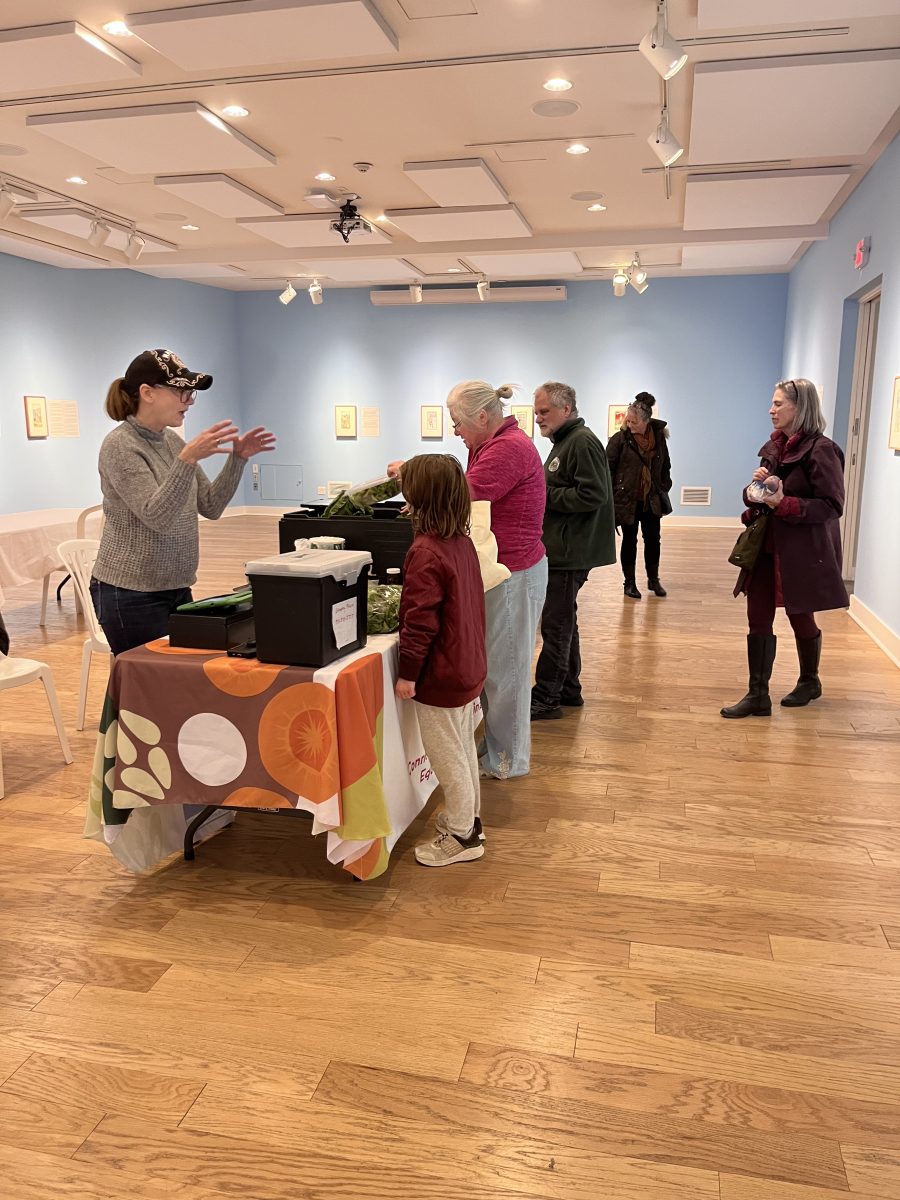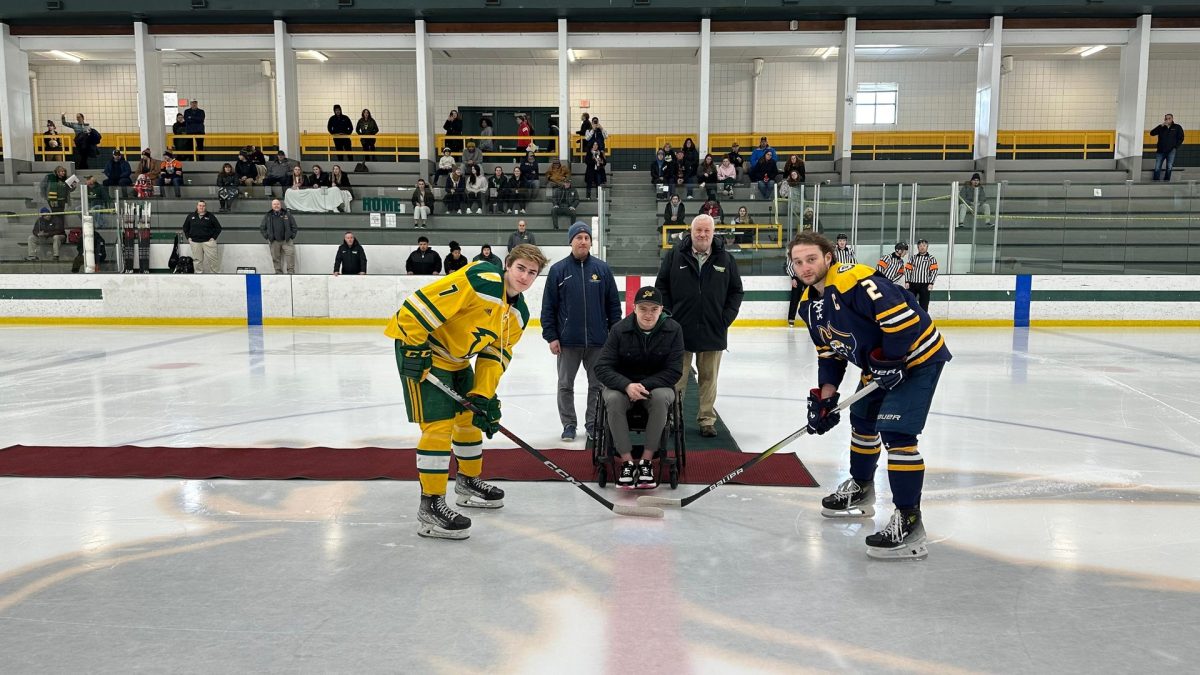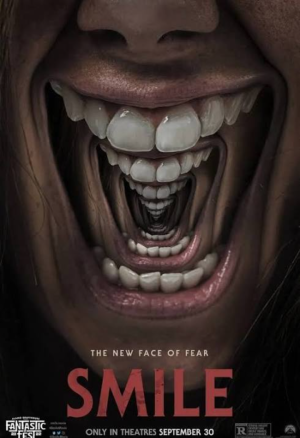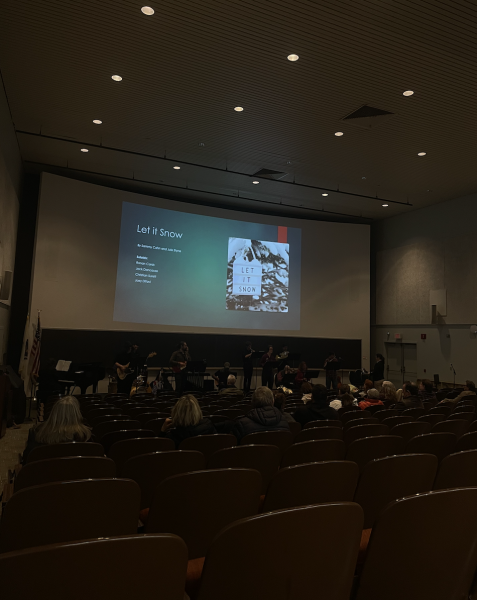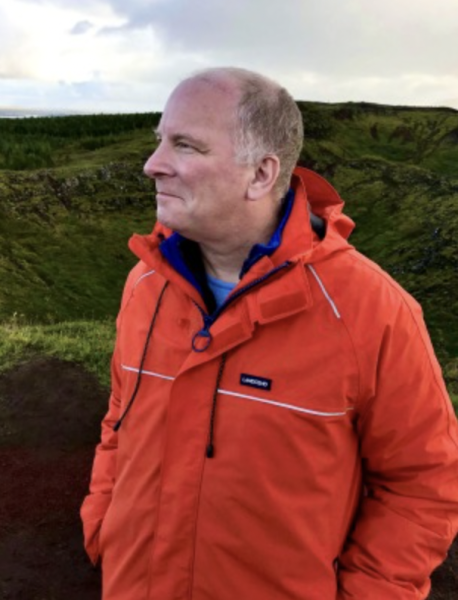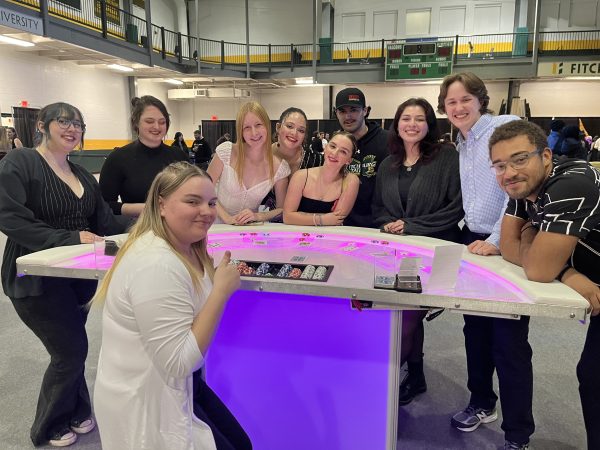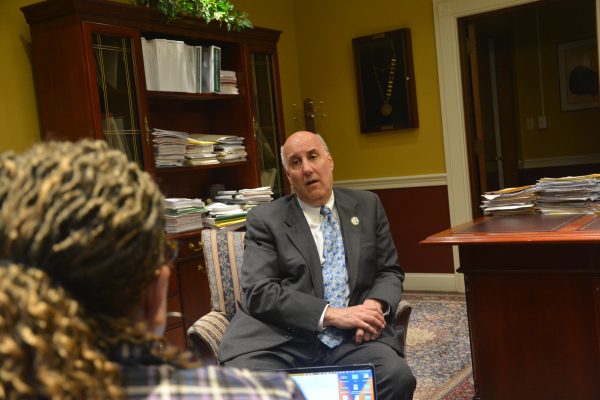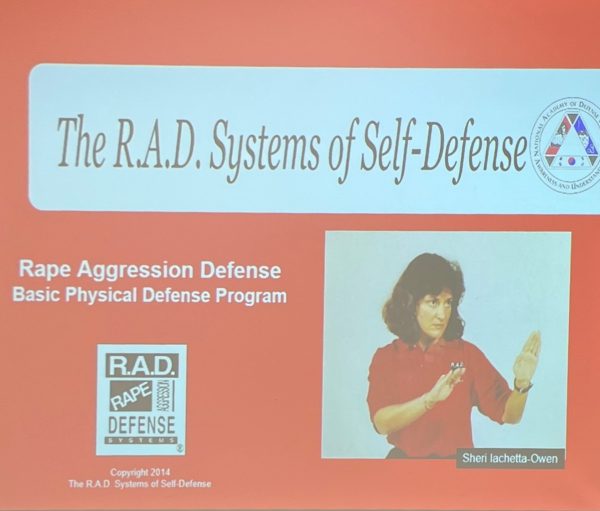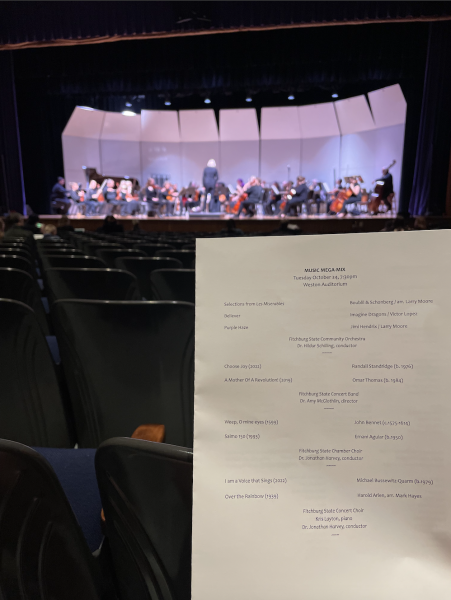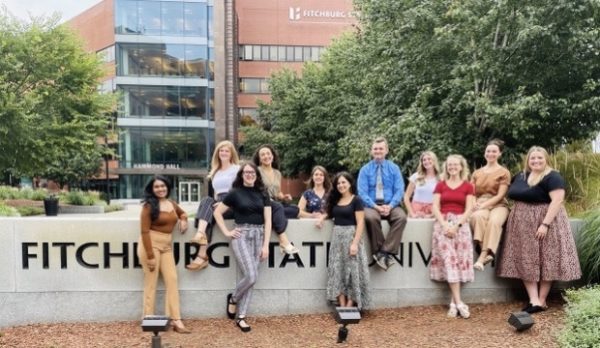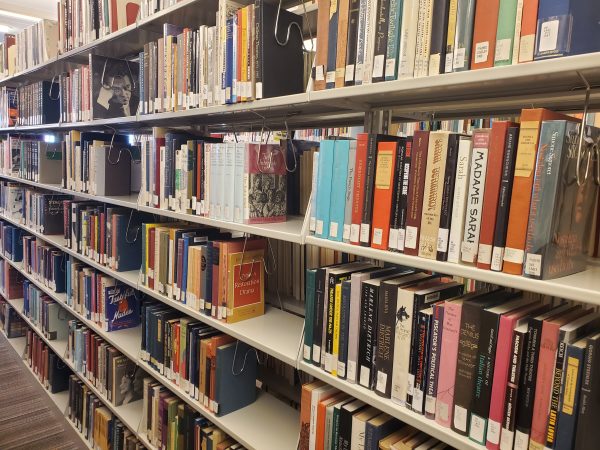Graduate and Continuing Education Students and Professors Discuss Their COVID-19 Experience
Photo courtesy of cloudresearch.com.
April 20, 2021
-Brittany Eldridge
The declaration of the COVID-19 Pandemic in the U.S. in Mar. 2020 resulted in changes in undergraduate students’ lives. These changes included transitioning from receiving in person instruction to online instruction, from living in the dorms to returning home, and from wading through crowded halls to traversing nearly empty corridors. While many of Fitchburg State’s Graduate Education Programs are already run entirely or mostly online, many of these programs include practical components that are not easily adaptable to an online format and that must be completed if students want to complete their program on time. Many of these GCE students are essential workers, as well, and face additional stressors that may impact their academic performance.
Professors, deans, and other individuals involved with GCE programs found ways to decrease the stress of the graduate students, ensure that they understood the course concepts, and found ways to include practical experiences in the programs.
Deborah Stone Ph.D., Program Chair of Forensic Nursing, stated that many of her students worked on the frontlines, but could not complete their clinical. Two of her students had to postpone their clinical last semester and are planning on completing their clinical this semester so that they can graduate.
Stone said that students in the GCE Forensic Nursing Program are already registered emergency room and trauma nurses. Her students faced stressful situations such as losing loved ones, going through divorces, and contracting COVID-19 on top of managing their courses and working during a pandemic. One of Stone’s students even experienced a heart attack and had to take the semester off to recover.
In order to aid forensic nursing students, Stone brainstormed ways to help her students complete their clinicals. She, and many others in the program, adopted some flexibility regarding assignment deadlines. Some faculty members resigned and many students have work in progress, so Stone “inherited” them. These changes in policy involved working with students for six months without compensation. Stone said she was willing to do this because “we need to be there for those that are coming.”
Racquel Mock, one of Stone’s students, enrolled in the Forensic Nursing GCE Program during the Fall Semester of 2018. She currently works in the medical field at an outpatient infusion center. The staff at her facility had to crosstrain to assist during the pandemic if the inpatient units became overcrowded. Mock found it difficult to locate a facility for her clinical. She reached out to a few over the Summer, but there have been delays in responses as a result of the pandemic. She stated that other students in her program are experiencing the same delays.
Mock said that her most difficult semester was the Spring 2020 because she took two courses instead of one on top of her other responsibilities, such as working a full-time job and partially owning a small business. Mock stated that “my professional workload fluctuation makes it difficult to stick to a set schedule.” Her professors have provided breaks during the pandemic and have expressed their appreciation for the students who are frontline workers. Mock said that “each professor that I have had during this pandemic has been open and available to listen to our needs and doing their best to accommodate us.”
Nancy Murray Ph.D., the Dean of Education for both the undergraduate and graduate programs, said that it was difficult to ensure that students had enough practicum hours. The requirements were reduced during the pandemic to 150 practicum hours which made it easier for students to gain licensures.
This was more of a challenge than the previous two semesters, but became more manageable during the 2021 Spring Semester said Murray. Now, students in education programs follow whichever protocols their supervisors are following. If they taught hybrid courses, then the students obtaining practicum hours would teach in this hybrid format, as well.
Professors in this program made use of videos as well to instruct their students on the seven elements and skills necessary for the practicum. Professors used Teaching Channel Plus to convey these concepts. Because the majority of the education programs run fully online, and they do not have a Spring Break or finals week, these programs did not have to make shifts in dates, even when the pandemic first began. This allowed for an easier transition, Murray stated.
Anne M. Howard Ph.D., the Chair of Fitchburg State’s Masters in Education of Curriculum and Teaching, stated that, as Murray previously had, many students in the graduate education programs were already accustomed to online and hybrid courses. However, some in-person courses were incorporated into the programs on Saturdays before the pandemic. Now, Howard said, professors are using video alternatives and are finding creative ways to explore concepts that are more easily taught in an in-person course.
For example, Howard stated that students would, before the pandemic, attend a communications course in which they would be able to pick up and interact with alternative communication devices that students with disabilities would use.These devices may include tablets with pictures or communicators that can record and play back messages. By interacting with these devices, graduate students could gauge how much these objects weigh and how difficult they would be to transport and travel with. Instead, professors use a video format to show students the devices and then select an object of similar weight and bulk for the graduate students to carry around. That way, they can still determine which communication devices are compact and which are not.
Howard said that despite the fact that the world is very different than it was two years ago, faculty in the GCE programs will “get answers when students need it.”While GCE students and professors already had experience learning in an online format, they still found themselves managing multiple additional stressors on top of their coursework and careers. According to Science magazine, in a study of over 3,000 U.S. graduate students about one-third of those students said they experienced moderate anxiety or depression. This was especially true of students close to graduating and those without support. By discussing their situations with professors and staff, graduate students at Fitchburg State can reduce their stress levels. Many of the graduate students at Fitchburg State face similar stressors, so they can find support and advice from members of the campus community.



